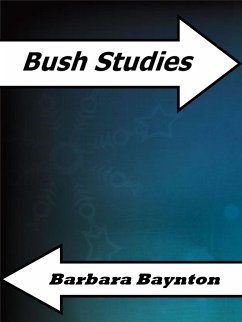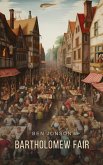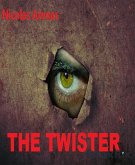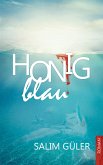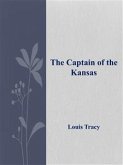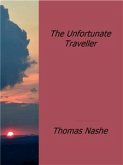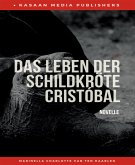"Bush Studies" is a novel written and published by the Australian writer Barbara Baynton in 1902. This work describes and represents, through a meticulous and ferocious social criticism, the point of view and the suffering of women in the society of the time. The author describes above all the life of women in the woods, which remain isolated when husbands, for example, go elsewhere in search of work. Women therefore remain exposed to all kinds of dangers and are victims of poor poverty.
Dieser Download kann aus rechtlichen Gründen nur mit Rechnungsadresse in A, B, BG, CY, HR, DK, EW, FIN, F, D, GR, IRL, I, LR, LT, L, M, NL, PL, P, CZ, R, SK, SLO, E, S, H ausgeliefert werden.

